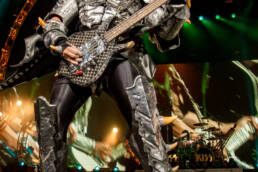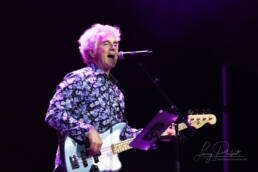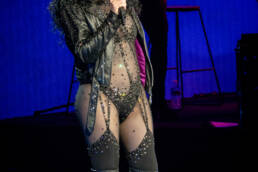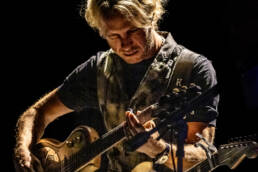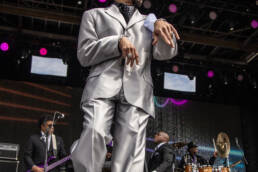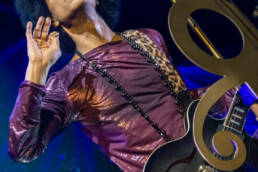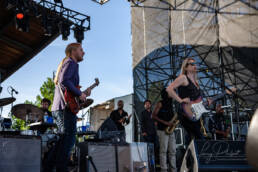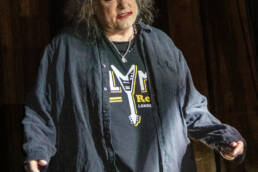Chris Cornell: The Voice that shook the soul
The Spark That Lit the Fire
Imagine a kid in Seattle, hunched over a drum kit in his basement, pounding out frustrations from a world that didn’t quite fit him. For Chris Cornell, music wasn’t just a pastime—it was survival. Born Christopher John Boyle on July 20, 1964, he grew up in a turbulent household marked by his parents’ divorce and his own struggles with depression. But it was a chance encounter with The Beatles’ records that flipped a switch. Cornell once said their melodies “felt like a secret language” he needed to decode. That pull—the need to express what words alone couldn’t—drove him to pick up a guitar, scream into the void, and chase music as both refuge and rebellion.
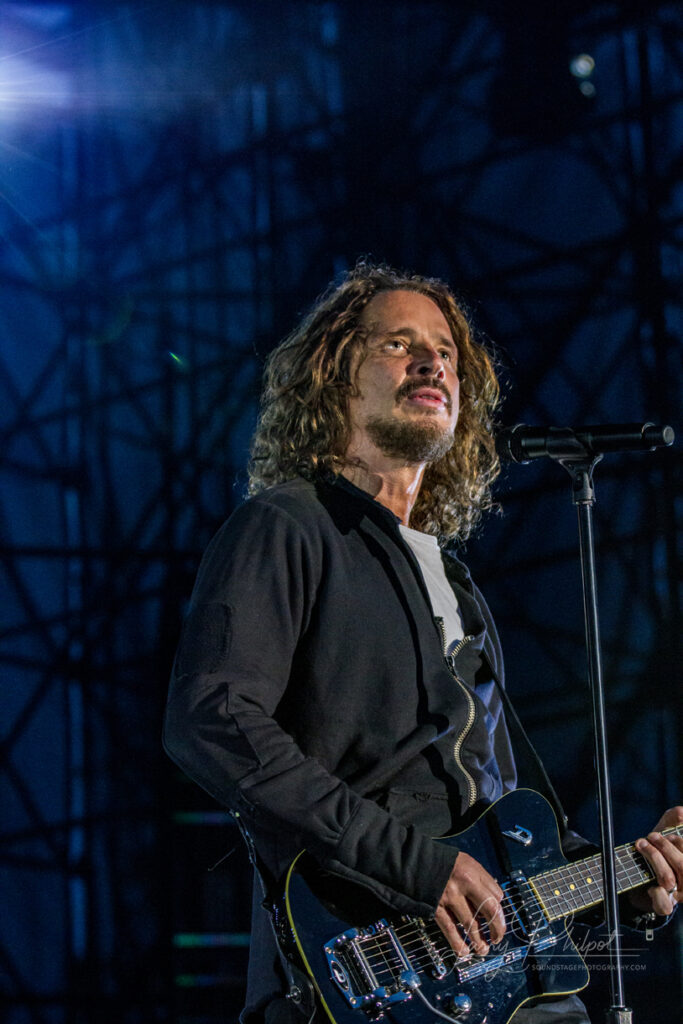
The Man Behind the Myth
Cornell’s story starts in the rainy streets of Seattle, where he was one of six kids in a Catholic family. His early years were a cocktail of chaos—alcoholism in the family, his own battles with substance abuse by 13, and a dropout decision at 15. But the basement became his sanctuary. He taught himself piano, drums, and guitar, letting the music drown out the noise. A shy, introspective soul with a voice that could shatter glass, Cornell worked odd jobs—dishwasher, fishmonger—before fate intervened. In 1984, he met Hiro Yamamoto and Kim Thayil, and Soundgarden was born. What started as a gritty garage band morphed into a grunge juggernaut, with Cornell’s towering vocals leading the charge. Later, he’d weave through Audioslave, Temple of the Dog, and a solo career, each step a testament to a restless spirit seeking new ways to howl.
The Career That Defined a Generation
Cornell’s journey kicked off with Soundgarden, the band that fused punk’s snarl with metal’s heft. Alongside Yamamoto (bass), Thayil (guitar), and Matt Cameron (drums, joining later), they became grunge pioneers. Albums like Badmotorfinger (1991) and Superunknown (1994) cemented their legacy, with Cornell’s four-octave range as the centerpiece. When Soundgarden split in 1997, he didn’t slow down. He formed Temple of the Dog in 1990—a one-off tribute to friend Andrew Wood—with Pearl Jam’s Eddie Vedder and Stone Gossard, birthing a haunting classic. Then came Audioslave in 2001, a supergroup with Rage Against the Machine’s Tom Morello, Tim Commerford, and Brad Wilk, blending hard rock with soulful cries. Solo, he experimented with everything from acoustic ballads to James Bond themes, proving his voice could bend any genre.
His most famous bandmates? Soundgarden’s core—Thayil’s jagged riffs, Cameron’s relentless beats—were his sonic soulmates. Relationships? His friendship with Vedder sparked headlines, as did his Audioslave tenure with Morello, a clash of titans that thrilled fans. Onscreen, Cornell popped up in Singles (1992) as a grunge cameo and penned “You Know My Name” for Casino Royale (2006). Awards piled up: Soundgarden snagged two Grammys (Superunknown’s “Black Hole Sun” and “Spoonman”), and Cornell’s influence earned him a posthumous spot in the Rock and Roll Hall of Fame with Soundgarden in 2019.
The big songs? “Black Hole Sun” (Cornell, 1994)—a psychedelic dirge dripping with surreal unease. “Spoonman” (Cornell, 1994)—a gritty tribute to a Seattle street performer. “Like a Stone” (Cornell with Audioslave, 2002)—a brooding anthem of loss. And “Hunger Strike” (Cornell, 1991, Temple of the Dog)—a duet with Vedder that still echoes in hearts.
The Shadows That Followed
Cornell’s life wasn’t without storms. His struggles with addiction—booze, pills, the works—dogged him from youth to fame. In 2002, a messy divorce from first wife Susan Silver, Soundgarden’s ex-manager, fueled tabloids. But the real gut-punch came May 18, 2017. After a Soundgarden gig in Detroit, Cornell was found dead in his hotel room, a suicide by hanging at 52. The news stunned the world—fans wept, peers like Vedder broke down onstage. Controversy swirled: his widow, Vicky, questioned the coroner’s report, hinting at prescription drugs’ role. Conspiracy theories flared, but the truth stayed murky. What lingered was the loss—a voice silenced too soon, a man who’d bared his soul, only to leave us wondering what more he had to say.
